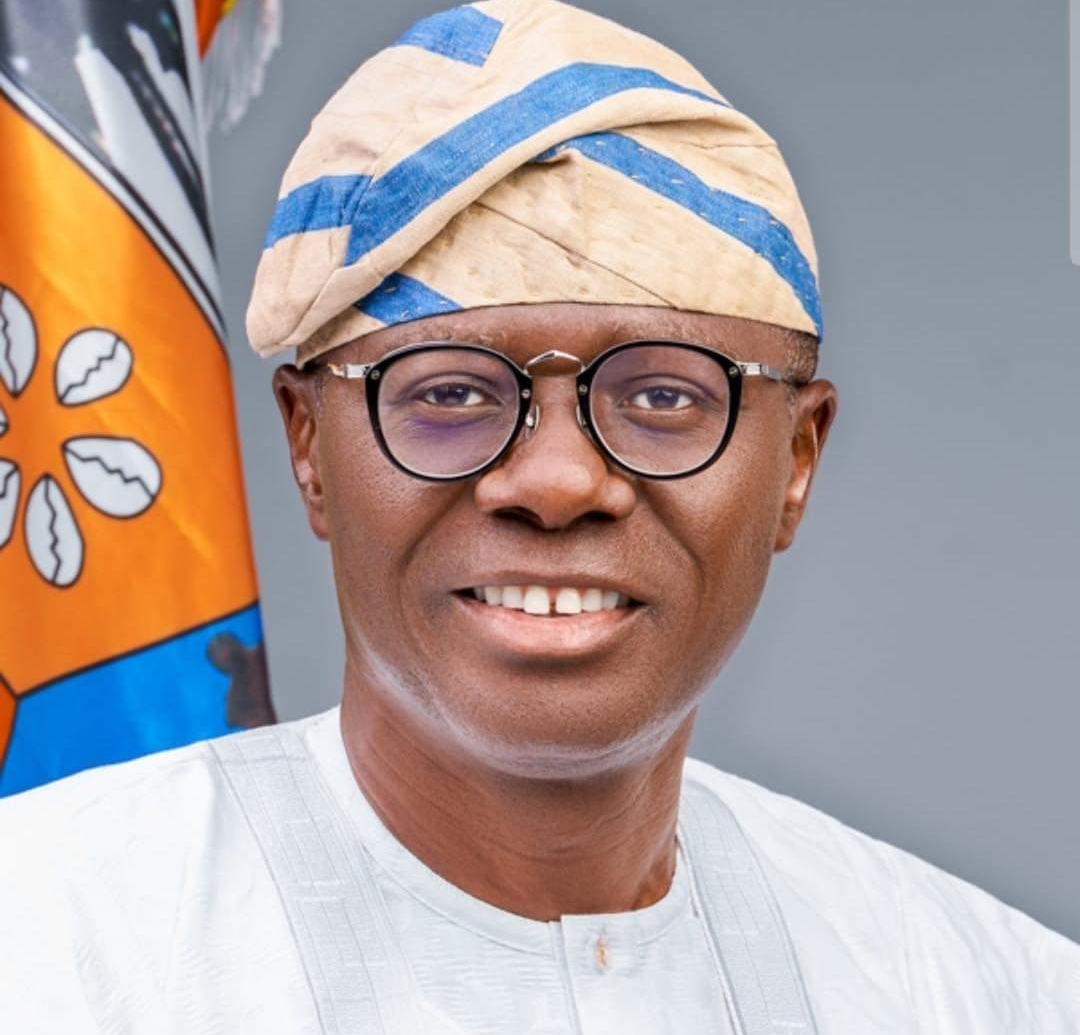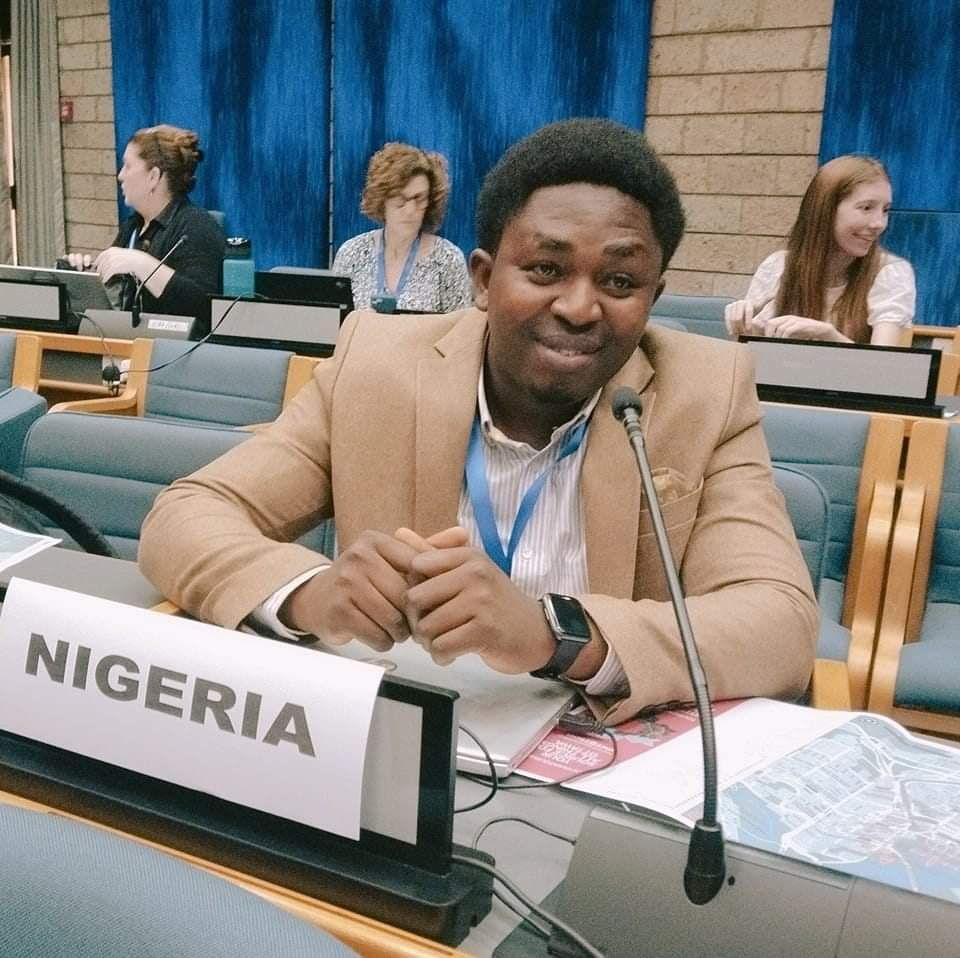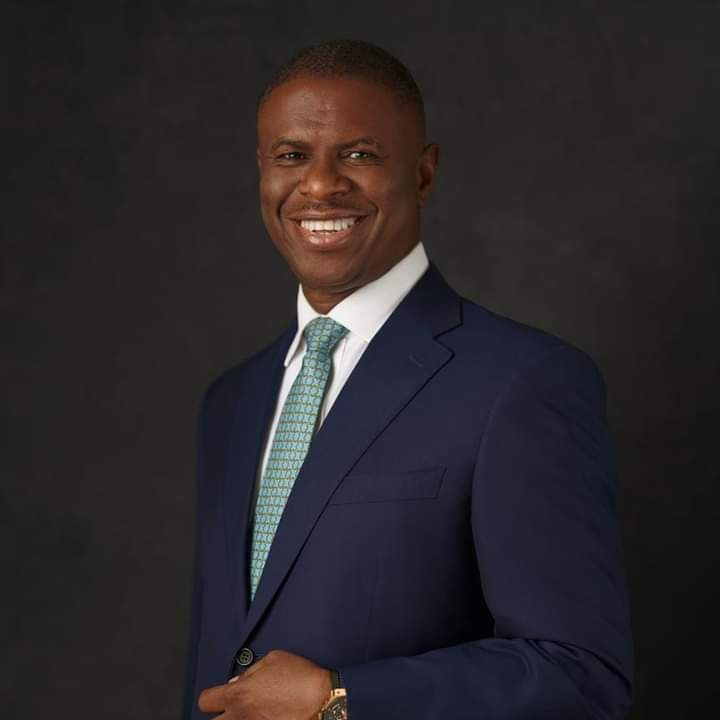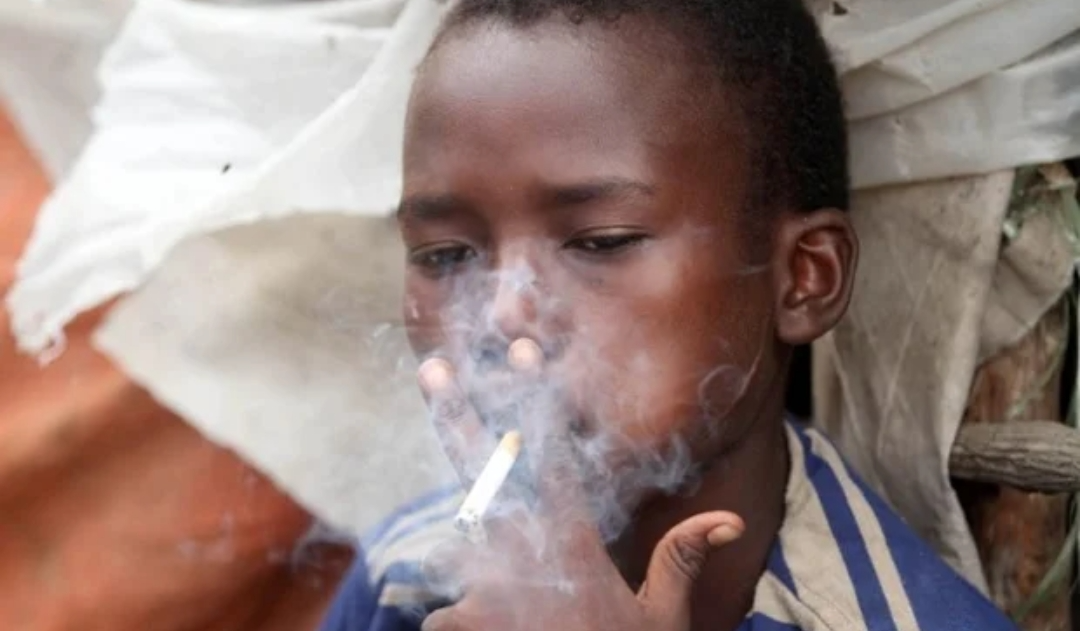An increasing number of Nigerians are being driven into poverty, not by choice, but by the current political and economic climate, shaped by stringent macroeconomic policies.
These policies, such as subsidy removal, devaluation of Naira, and increase in electricity tariff, have had unintended consequences. For instance, removing subsidies has led to a significant increase in the cost of living, while the devaluation of Naira has made imported goods more expensive.
These factors, combined with the high level of insecurity, have affected food security in Nigeria, and created a perfect storm of economic hardship. The signs of this unavoidable reality are readily apparent. The interventions to prevent this descent into poverty are either ineffectual or remedy the condition too slowly.
An unprecedented rise in inflation has destroyed households’ disposable incomes and pushed many families into poverty. Spiralling inflation is having a devastating impact on all, but especially on households in the lower rungs of the working class, who in their millions are joining the already over 133 million multidimensionally poor Nigerians struggling to earn a living because high inflation has eroded the value of their income. As shown by the NBS Consumer Price Index of April 2024, published in May 2024, the headline inflation rate rose to 33.69% in April 2024 compared to March.
The headline inflation rate was 11.47% higher in April 2024 compared to the previous year. During the same period, inflation in urban areas was higher than in rural areas. Even worse, the food inflation rate in April 2024 was 40.53%, increasing by 15.92% compared to April 2023. What does this mean for the ordinary citizen? More money can purchase fewer goods and services.
We cannot dismiss the direct correlation between rising inflation and rising poverty in Nigeria. A household with a monthly income of N300,000 in April 2023 would have lost 33.69% of its real purchasing power if it earned the same amount in April 2024.
This means that the same amount of money can now buy significantly fewer goods and services, putting a strain on the household’s budget. Imagine this household struggled in 2023 to make ends meet; how will it cope with less than 33% of its value in goods and services this year?
It is little wonder many Nigerians are in despair and are calling on the government to tweak its policies and salvage the situation before it is too late. Families in the earning bracket mentioned above are even better than many whose total income is less than N100,000 if both parents in the household earn minimum wages per month.
The government intervention so far, with the best of intentions, has yielded little result as inflation continues unabated. The monetary policies of increasing base interest rates to above 22%, improving the cash reserve ratio by banks to above 40%, and constantly engaging in the money market to mop up excess liquidity have yielded less than the expected result in curbing inflation.
More is needed, and my little knowledge of street economics shows me that the Nigerian economy often defies some fundamental economic concepts that work in developed countries because of our economy’s informal and unregulated nature.
The Nigerian government must creatively use other bespoke and practical fiscal and monetary measures to tame our raging inflation.
Paradoxically, there is compelling evidence that inflation continues to rise because of critical government policies. Instead of providing more concerted anti-inflationary measures, the government has added more inflationary steps to the economy.
The government cannot confront inflation while imposing limitless taxes, tariffs, and charges on the things that people spend money on daily. The impact of excess tax is on everybody, but the burden is more on people experiencing poverty whose purchasing power has been eroded by inflation. The government cannot tax itself out of our economic predicament.
Increasing personal income tax is one way government reduces disposable income to curb demand pull inflation, but the inflation in Nigeria is not because of increase in household income, but caused by cost induced factors. So tax on people whose income have not increased in the past year is a recipe for hardship.
Other factors also imperil government efforts to curb inflation. Imported inflation has been the bane of Nigeria, given the number of raw materials and goods imported into Nigeria from countries with high inflation rates. This is not helped by the new exchange rate regime that has seen the Naira fall to its lowest value in a generation.
The government has been trying to control the erosion of the value of Naira to no avail. Increasing cost of energy has pushed some businesses to pack up. These factors have exacerbated the rise of inflation, and unless the government starts tackling them, it cannot effectively win its fight against runaway inflation.
The consequences of inaction are severe and far-reaching. The system requires a set of anti-inflationary measures to relieve the people and companies so that livelihoods can improve, and real incomes recover from shock to encourage people to live and save. Savings and prosperity will fire up investment, production, supply, and consequent demand.
If inflation worsens, the economy will, at best, go into stasis, further regression, and possibly a depression. More manufacturers will quit, and unemployment will worsen with even more crime and insecurity. The picture I painted above is not far from us.
Recent statistics about the hunger level in Nigeria occasioned by food inflation are alarming.
There is a deteriorating food security and nutrition crisis in Borno, Adamawa and Yobe (BAY) states this lean season between May and September 2024. According to the Government-led Cadre Harmonise analysis released in March this year, in Borno, Adamawa, and Yobe states, some 4.8 million people are estimated to be facing severe food insecurity, the highest levels in seven years.
Children, pregnant and lactating women, older persons, and people living with disabilities are among those who are most vulnerable. About 2.8 million of these people need urgent interventions.
The prices of staple foods like beans and maize have increased by 300 to 400 percent over the past year because of a cocktail of reasons. Inflation is outpacing the ability of families to cope, making essential food items unaffordable.
Furthermore, the report stated that “malnutrition rates are of great concern. Approximately 700,000 children under five are projected to be acutely malnourished over the next six months, including 230,000 who are expected to be severely acutely malnourished and at risk of death if they do not receive timely treatment and nutrition support.”
The Acting Representative of UNICEF Nigeria argues that “this year alone, we have seen around 120,000 admissions for the treatment of severe acute malnutrition with complications, far exceeding our estimated target of 90,000”.
This statistics are for only 3 states in the Northeast Nigeria. Imagine what it will be for the whole 36 States in Nigeria. There is real fire on the mountain!
This rising hunger is not peculiar to the Northeast. From my knowledge of street economics, hunger and poverty is pervasive across all six geopolitics zones. Increasing poverty is directly linked with more severe economic outcomes. Increasing poverty can result in a more divided society, Issues with housing, homelessness, limited access to healthcare, nutrition poverty and poor living conditions that have a detrimental effect on one’s health. Children living in poverty have less access to education, which will reduce their chances in the future. More families facing poverty will experience conflicts, stress, and domestic violence.
Poverty can set off a vicious cycle in which the effects of it act as catalysts for additional episodes of poverty. Increasing inflation and poverty are bad omens that blow us no good. They are bad for our economy. They are bad for our people. The government must pay attention to these factors and be more sensitive in our economic policy choices.
Only some anti-inflationary measures that comprehensively capture the macroeconomic dimensions and provide solutions may work. Poverty alleviation measures are barely temporary and, at best, work in the short run to cushion the effect of heightened inflation and food insecurity.
The government should provide solid medium- to long-term solutions to tackle these problems. They should re-evaluate some of their policies to see whether they are inflationary and jettison them to allow good policies to thrive. We can only imagine the unintended consequences of allowing poverty and inflation to fester.
The increasing inflation and poverty are creating desperation among a portion of society, which is increasingly becoming despondent and seeing itself at the fringes of society.
The implications of this are plausible. Many ordinary citizens are burdened by poverty, hunger, and severe inflation, which have made their lives miserable. The government must take action to alleviate this scourge and help Nigerians lead meaningful lives.








